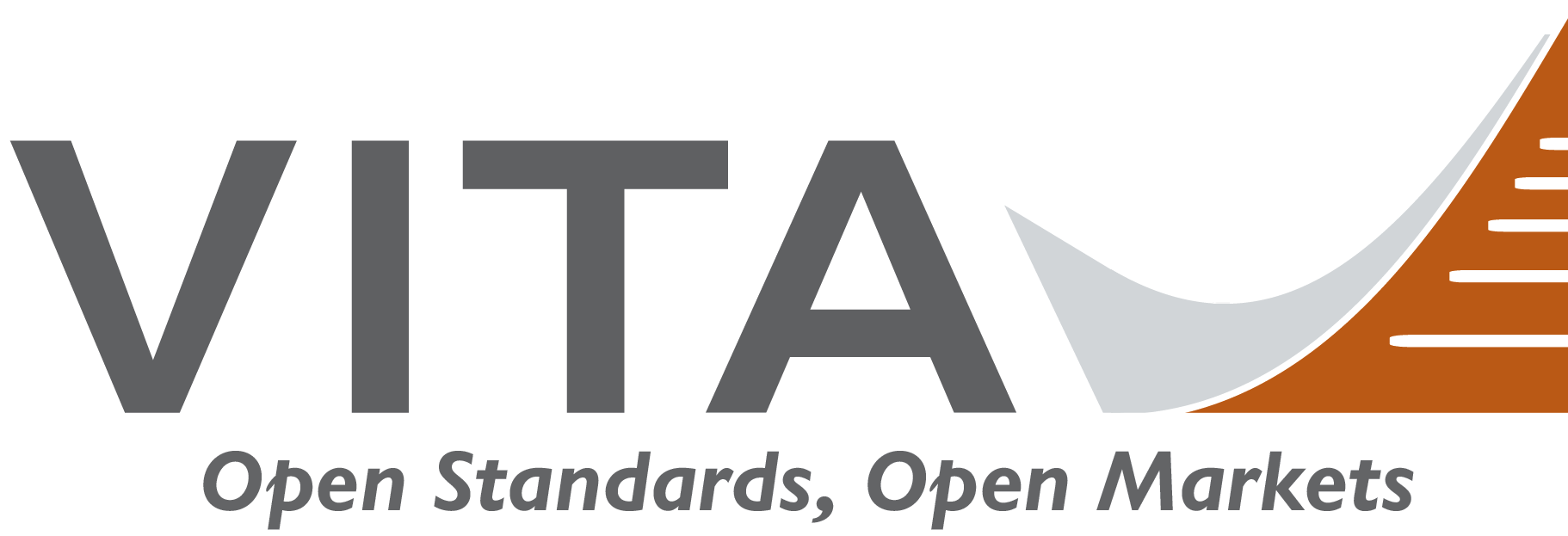JR Bonnefoy, System Engineer, Samtec
JR Bonnefoy is a Systems Engineer for Samtec's Signal Integrity Group. He is involved in the design of high speed test systems and he leads the hardware development of evaluation and demonstration platforms for high data rate interconnects. He is responsible for the design of Samtec’s VITA related development platforms, including the FMC/FMC+ family.
hardware development of evaluation and demonstration platforms for high data rate interconnects. He is responsible for the design of Samtec’s VITA related development platforms, including the FMC/FMC+ family.
WORKING WITH VITA
1. For someone not familiar with VITA 90, what are the key elements to understanding the benefits of this standard?
If you are familiar with VITA 74, known as VNX, you already know more than you think about VITA 90. VITA 74 defined a small form factor (SFF) modular architecture for embedded computing systems optimized for rugged environment. VITA 90, VNX+, is an evolution of VITA 74. It builds on the VNX standards. It is designed to address the growing demand for high-speed data transfer in rugged, embedded computing systems used in military and aerospace applications in a volume about a third of a traditional 3U card.
It borrows the Searay interface from VITA 57, optimized for signal integrity and it can accommodate optical and coaxial connectors allowing for design flexibility.
2. What new design challenges do you see in power electronics used in military aircraft, and how can standards help?
Some of the obvious challenges of power electronics for military aircrafts are size, weight and power management, or SWaP. Standards play an important role. VITA 90 mentioned above is a good example. VITA 62 is another one that defines mechanical, electrical and environment requirements for VPX modules. There is a growing need for energy efficient power electronics both to reduce cost and meet environmental standards.
Cybersecurity is another important challenge; we saw it in the news recently. Standards can help monitor and address these challenges to make sure electronics solution for military aircraft are reliable and safe in harsh environment.
WHY ENGINEERING?
1. Did you always want to be an engineer? If so, why? If not, how’d you wind up here?
Yes, even if I didn’t know it at the time. Both my grandfathers were tinkering in their home workshops, and I have fond memories of growing up watching them build and fix all kind of things. Later, I had an amazing physics teacher in high school who finished to launch me towards engineering and there was no turning back.
2. What has surprised you the most about the work you do with embedded computing? (or engineering in general)
One of the most recent surprises is the rise of Artificial Intelligence, or rather its recent accessibility to the public. It is a disruption to many fields and especially to computer science. It can already help us optimize code, detect faults, debug quicker… I strongly believe that we should embrace it and learn how to use it to improve our daily tasks and tackle more challenges.
3. What is one of the biggest issue currently facing engineers?
One of the biggest issues currently facing engineers is the need to address climate change and promote sustainable development. Engineers play a critical role in designing and developing the infrastructure, technologies, and systems that power our societies and economies. However, these systems contribute significantly to greenhouse gas emissions.
Engineers need to design and implement more sustainable solutions. One example is immersion cooling looking to reduce emissions in data centers.
4. What advice would you give to someone looking into this field of engineering?
In my field of electrical engineering, I tell college students to build a strong foundation and master the fundamentals. When everything else fails, you’ll find yourself going back to the basics of electrical engineering. I also emphasize the importance of hands-on experience, look for internships. And finally, be curious and stay up to date, that’s true for any scientific field really. Technologies evolve, if you don’t keep up with publications, conferences, etc… you’ll become obsolete quickly.
Off the cuff: What's the most recent show you've binge watched?
I’d be way too embarrassed to share what I binge watch, instead I’ll recommend binge listening to the Association of Old Crows podcast “The History of Crows”.
